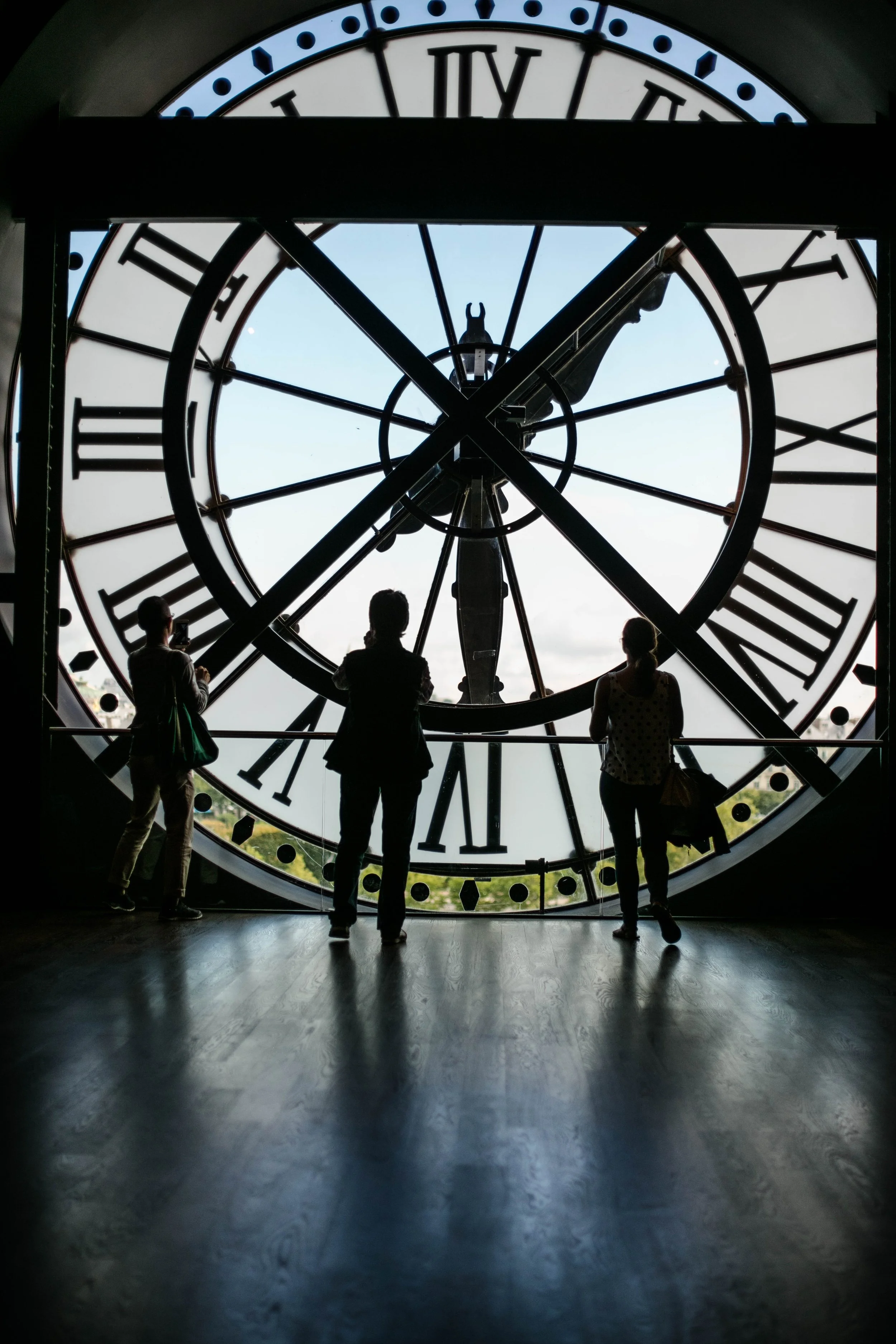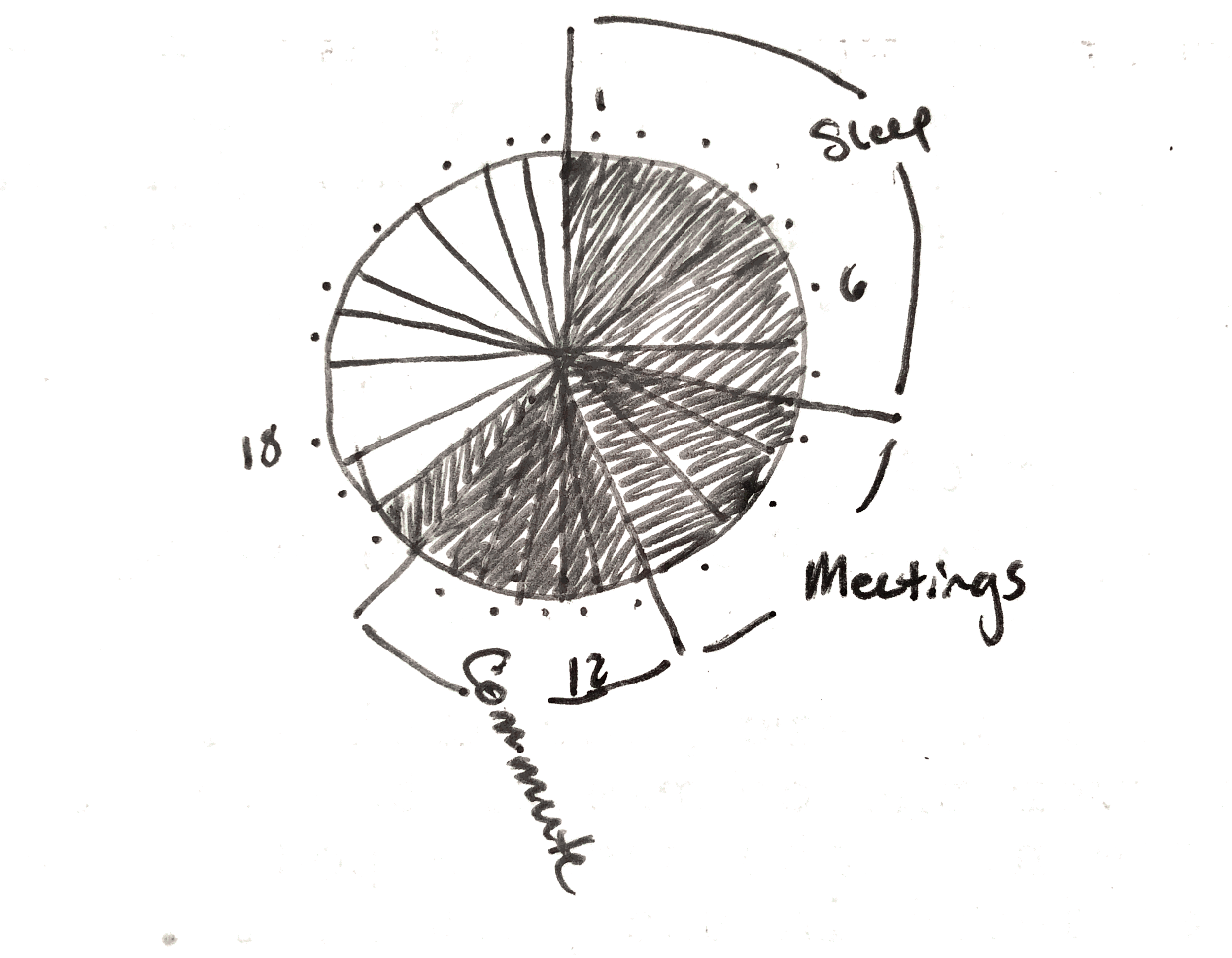“Zed, don't you guys ever get any sleep around here?” - Jay
“The twins keep us on Centaurian time, standard 37 hour day. Give it a few months. You'll get used to it... or you'll have a psychotic episode.” - Zed, Men in Black
37 hours in a day. Sounds nice right? An extra 13 hours to get shit done.
In reality, this would mean one of two (untenable) things:
- Your day would be the same length and your hours shorter, squeezing 37 hours in a standard 24 hour period.
- Your hours wouldn’t change but your days would expand by 13 hours, quickly reversing day and night. Your circadian rhythm would get all fucked up and you’d be a hot mess, or have a psychotic episode.
As it stands, you, your friends, Warren Buffet, and I have the same 24 hours in a day. No more. And sometimes it feels like less.
It feels like less because your free time is disappearing. And despite what I hear you saying, yes, you do have free time. The problem is, you’re spending it on activities of which you are not aware and for which you don’t account.
Translation: You have hidden, uncalculated free time in your day. Here’s how to extract it:
1. Draw a circle and split it up into 24 segments... a pie chart with one segment for each hour.
2. Color in the number of segments representing how many hours of sleep you got.




























